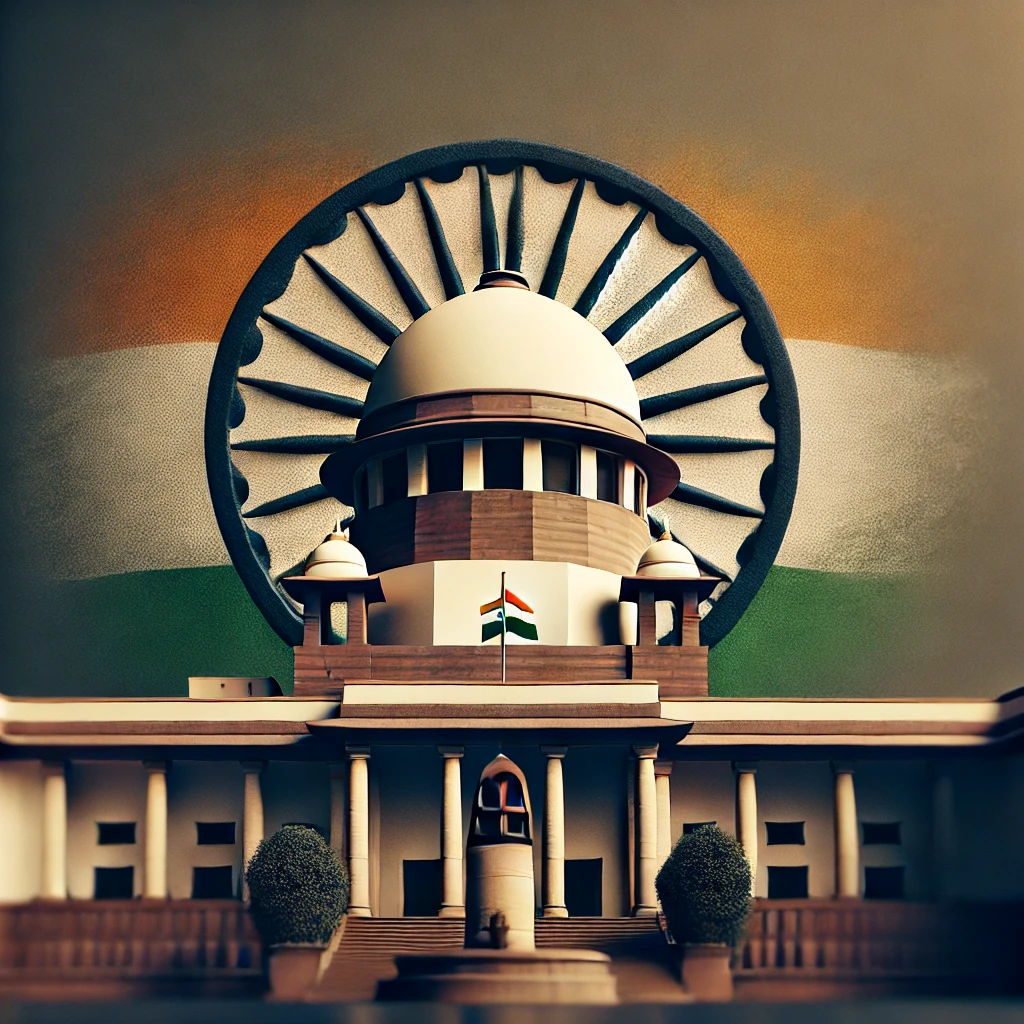
Supreme Court Orders States to Implement Stricter Anti-Lynching Laws
In a nation known for its diversity and democratic values, mob lynchings stand out as one of the most disturbing social phenomena in recent years. Often sparked by misinformation, religious bigotry, or misguided notions of justice, these violent acts have eroded public trust in the legal system and endangered the very foundations of India’s constitutional values.
In a landmark ruling, the Supreme Court of India has taken a decisive step to curb this menace. The apex court has directed all states and union territories to implement comprehensive anti-lynching laws, making it clear that such acts of mob violence should be treated on par with terrorism.
A Grim Reality
India has witnessed a sharp rise in mob violence over the past decade—triggered by rumors of cow slaughter, child abduction, or theft, often spread rapidly on social media platforms. Victims, sometimes innocent bystanders, are attacked by angry mobs who act as judge, jury, and executioner. These incidents disproportionately affect religious minorities, marginalized communities, and those without social or political clout.
In the courtroom, Chief Justice of India Rajeev Malhotra said, “Mobocracy cannot be allowed in a civil society. Lynching is not merely a law-and-order problem—it is a systemic failure and an affront to the Constitution.”
Key Directives from the Court
The Supreme Court’s judgment outlines several strict mandates aimed at deterring mob violence and ensuring swift justice:
Fast-Track Trials: Special courts must be set up in each district to expedite lynching cases. No case should linger indefinitely while victims' families suffer in silence.
Victim Compensation: Each state must establish a dedicated fund to offer immediate financial relief to survivors and families of victims, recognizing the trauma and economic loss they endure.
Accountability for Police: Law enforcement officers who fail to prevent or respond to lynching incidents will face departmental action and legal consequences. The ruling sends a strong message that complacency in such cases will not be tolerated.
Social Media Monitoring: The court also called on the Centre to work with digital platforms to curb the viral spread of fake news and hate speech that often serves as a trigger for lynch mobs.
Reactions and Ramifications
Human rights groups and civil society organizations have hailed the decision as a watershed moment. "This is not just about punishment. It's about restoring faith in the rule of law and the idea that no one is above justice—not even a mob," said Anjali Menon, a legal activist.
However, implementing these directives will require serious political will and administrative reform. Several states lack clear anti-lynching legislation. In many cases, local authorities have been accused of turning a blind eye or, worse, being complicit in these acts of violence.
Political analysts note that the Supreme Court’s ruling also places the onus on elected representatives to rise above communal politics and uphold constitutional values. The directive could influence upcoming legislative sessions, with calls growing for a central anti-lynching law to create uniformity across states.
Looking Ahead: A Test of Governance
The Supreme Court’s decision is not just a legal intervention—it is a moral compass for a nation at a crossroads. The challenge now lies in execution. Fast-track courts must be staffed, police forces retrained, and the culture of impunity dismantled.
This ruling may not end mob lynching overnight, but it marks a significant shift in how such crimes are perceived and prosecuted. By framing lynching as a form of domestic terrorism, the court has elevated the urgency of the issue, urging the nation to confront this dark undercurrent head-on.
The next steps taken by governments—both at the state and central level—will reveal whether this ruling becomes a turning point in India’s fight for justice or just another missed opportunity.












comments